Elastic Connective Tissue Drawing, Walls of arteries and lungs.
Elastic Connective Tissue Drawing - It comprises a diverse group of cells that can be found in different parts of the body. Web connective tissue provides support, binds together, and protects tissues and organs of the body. From the connective tissue sheath that surrounds a muscle, to the tendons that attach muscles to bones, and to. Together the fibers and ground substance make up the extracellular matrix. O compare the molecular makeup, structural organization, location, and functions of the three main fiber types of connective tissue. Web elastic connective tissue consists mainly of elastic fibers in the extracellular matrix, which provides considerable extension and recoil to the tissue. Osseous tissue or bone 10. O describe the general microscopic structure and function of connective tissue. They are mostly found within the walls of large blood vessels , elastic cartilages , yellow ligaments, lungs and skin. A tissue is a group of cells, in close proximity, organized to perform one or more specific functions. They help to give connective tissue elasticity. Cells, protein fibers, and an amorphous ground substance. O correlate morphology of resident and wandering ct cells with their locations and functions. Recognize basement membranes (or basal lamina) in light micrograph and em sections and know their functions. Epithelial tissue, connective tissue, muscle tissue, and nervous tissue. It comprises a diverse group of cells that can be found in different parts of the body. Web recognize different types of connective tissue (e.g., dense irregular, dense regular, loose, adipose) and know examples where they are found in the body. If there is little space between protein fibers, the tissue is likely one of the dense connective tissues. The. Cells, protein fibers, and an amorphous ground substance. When a connective tissue has a high concentration of cells or fibers, it has proportionally a less dense matrix. Together the fibers and ground substance make up the extracellular matrix. The organic portion or protein fibers found in connective tissues are either collagen, elastic, or. This tissue contains wavy, thick elastic fibers. The tissue is composed of few cells and a large number of elastic fibers secreted by fibroblasts. Web dense or fibrous connective tissue can be classified as regular, irregular, and elastic. As may be obvious from its name, one of the major functions of connective tissue is to connect tissues and organs. This section of elastic connective tissue is from. The first pages illustrate introductory concepts for those new to microscopy as well as definitions of commonly used histology terms. O compare the molecular makeup, structural organization, location, and functions of the three main fiber types of connective tissue. Web elastic tissue is a type of connective tissue proper with an extracellular matrix containing a mixture of densely packed elastic. Web the following points highlight the ten main varieties of connective tissues of human body. From the connective tissue sheath that surrounds a muscle, to the tendons that attach muscles to bones, and to. Blood and haemopoietic tissue 7. If there is abundant space between protein fibers, the tissue is likely one of the loose connective tissues. Web connective tissue. It comprises a diverse group of cells that can be found in different parts of the body. Elastic fibers are made of the protein elastin and are stretchable. Web connective tissue provides support, binds together, and protects tissues and organs of the body. Epithelial tissue, connective tissue, muscle tissue, and nervous tissue. Connective tissue is a term used to describe. O compare the molecular makeup, structural organization, location, and functions of the three main fiber types of connective tissue. Epithelial tissue, connective tissue, muscle tissue, and nervous tissue. Connective tissue consists of three main components: Web identify and distinguish between the types of connective tissue: Web dense or fibrous connective tissue can be classified as regular, irregular, and elastic. Web recognize different types of connective tissue (e.g., dense irregular, dense regular, loose, adipose) and know examples where they are found in the body. If there is abundant space between protein fibers, the tissue is likely one of the loose connective tissues. Blood and haemopoietic tissue 7. Loose connective tissue, cell matrix, cartilage tissue, dense connective tissue, blood, bone tissue,. They help to give connective tissue elasticity. It comprises a diverse group of cells that can be found in different parts of the body. Web the matrix in connective tissues gives the tissue its density. Together the fibers and ground substance make up the extracellular matrix. The organic portion or protein fibers found in connective tissues are either collagen, elastic,. Explain the functions of connective tissues. They help to give connective tissue elasticity. The tissue is composed of few cells and a large number of elastic fibers secreted by fibroblasts. Web collagenous fibers are made of collagen and consist of bundles of fibrils that are coils of collagen molecules. Web connective tissues perform many functions in the body, most importantly, they support and connect other tissues: Together the fibers and ground substance make up the extracellular matrix. Osseous tissue or bone 10. Web histology of dense regular connective tissue If there is little space between protein fibers, the tissue is likely one of the dense connective tissues. It is an important structural element that supports and separates spaces between our organs and tissues in the human body. If there is abundant space between protein fibers, the tissue is likely one of the loose connective tissues. As may be obvious from its name, one of the major functions of connective tissue is to connect tissues and organs. Web elastic fibers are made from the protein elastin, giving stretching and bending properties to tissues. Recognize basement membranes (or basal lamina) in light micrograph and em sections and know their functions. Connective tissue is a term used to describe a variety of types of tissues. The first pages illustrate introductory concepts for those new to microscopy as well as definitions of commonly used histology terms.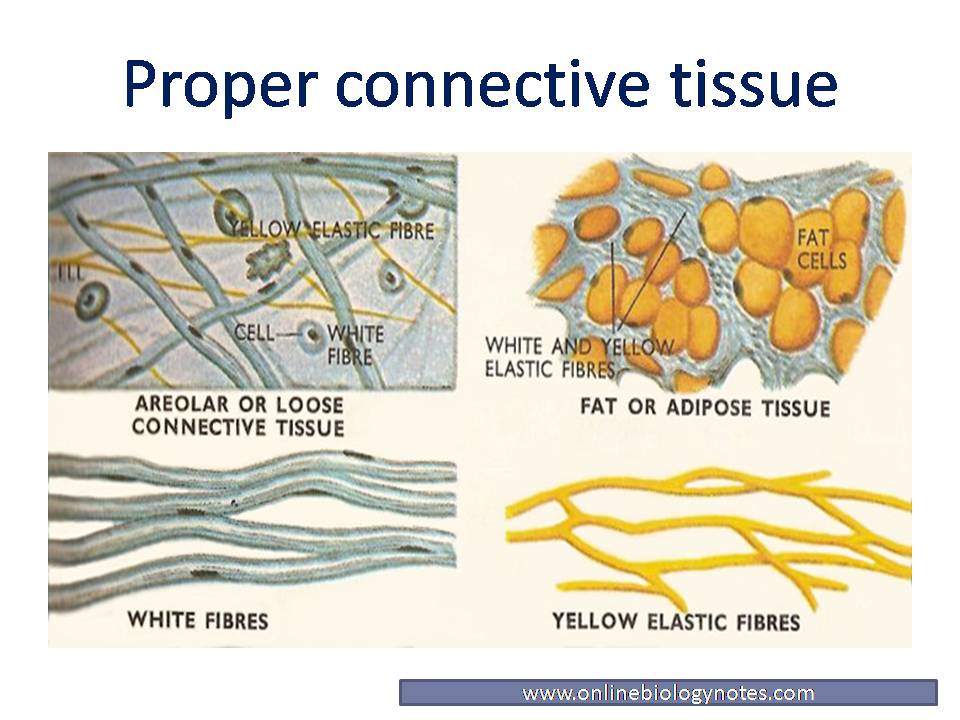
Proper connective tissue Areolar, Adipose, Reticular, white fibrous

PPT Connective Tissues PowerPoint Presentation, free download ID

Anatomy & Physiology Connective Tissues Histology ditki medical

Dense Regular Elastic Connective Diagram Quizlet

Cartilage Connective Tissue Diagram Quizlet

Elastic connective tissue Cells and tissues, Histology slides
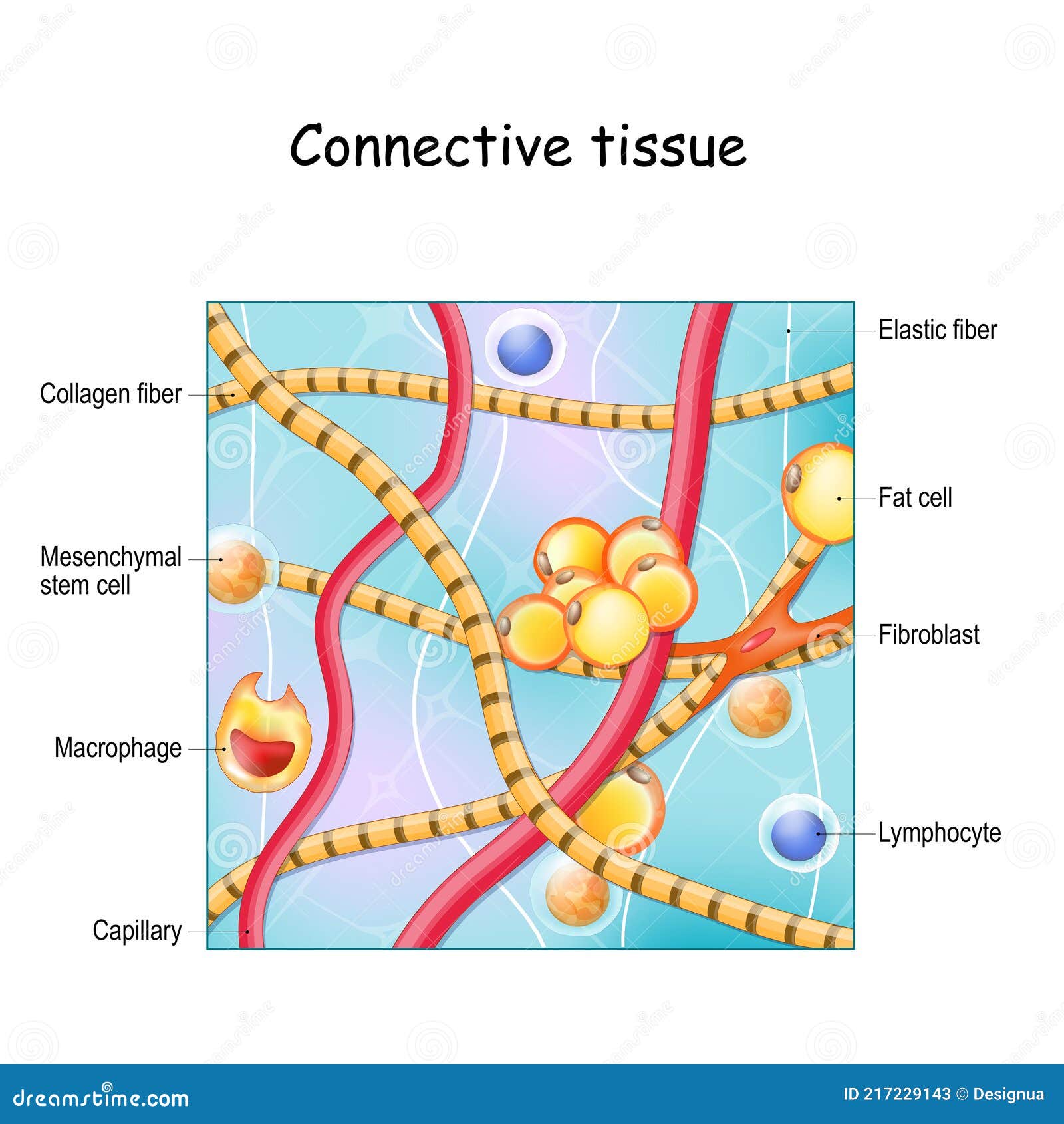
Connective Tissue. Structure and Anatomy Stock Vector Illustration of
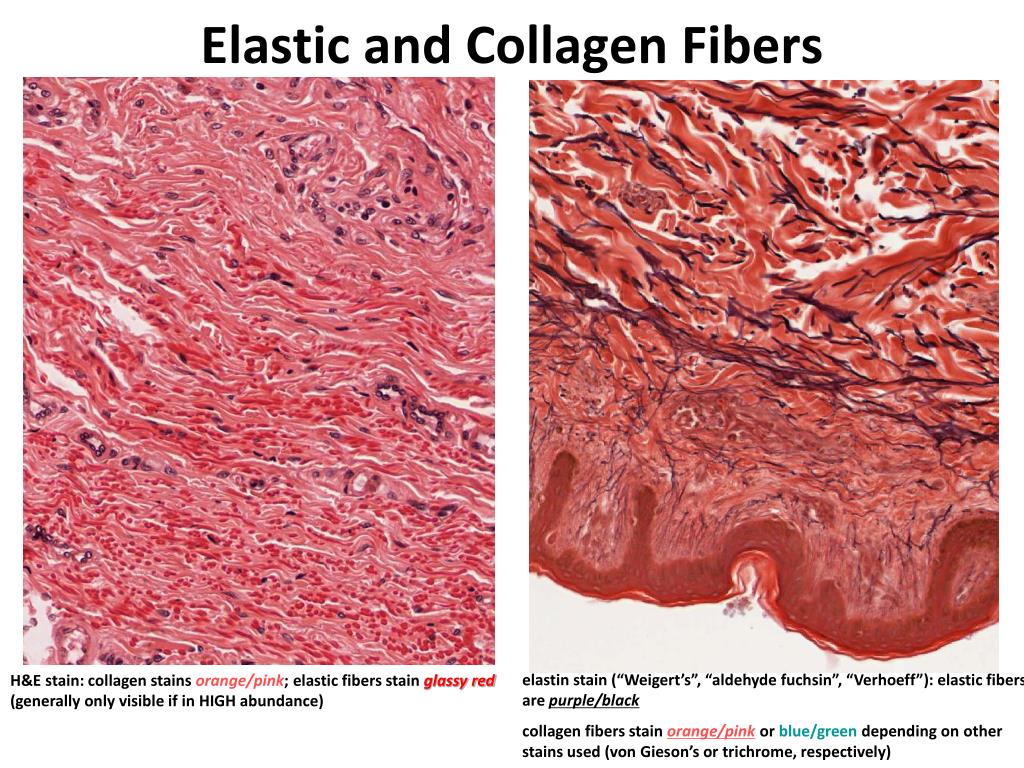
PPT Histology Connective Tissue PowerPoint Presentation, free
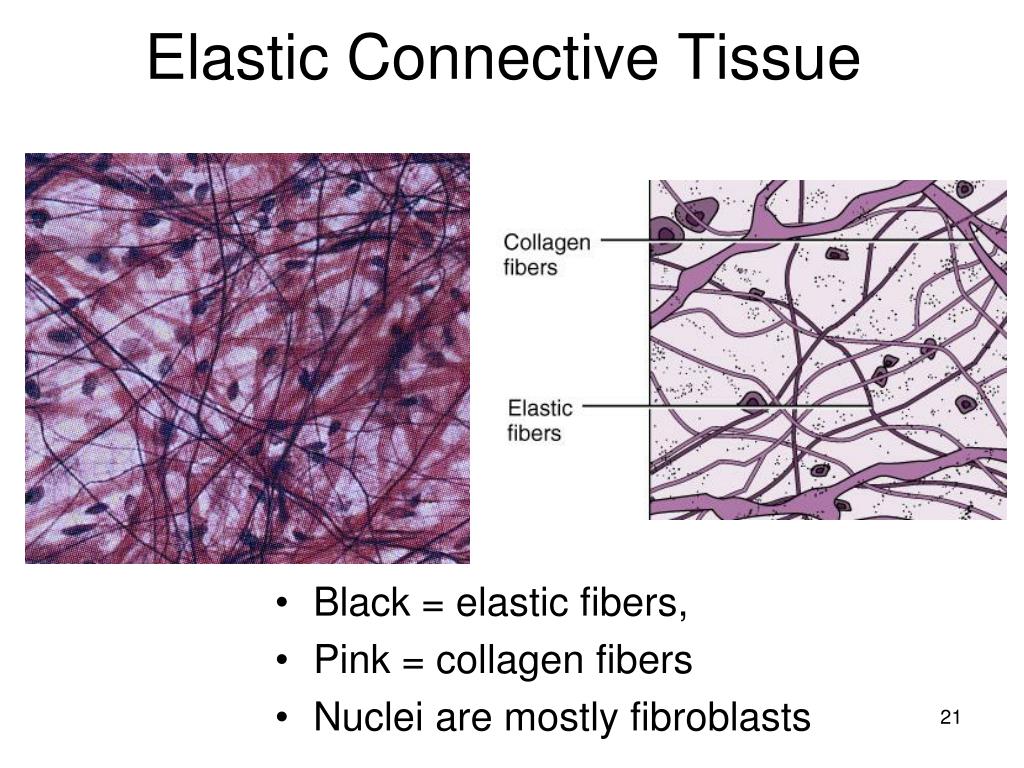
PPT Tissues PowerPoint Presentation, free download ID2736468
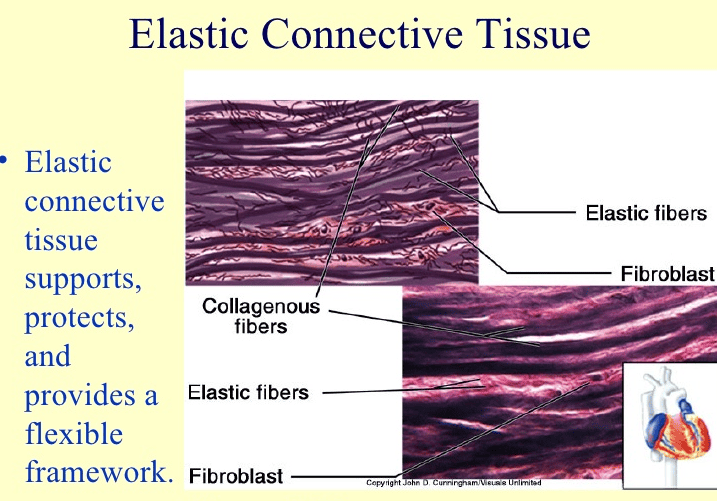
Elastic Connective Tissue Drawing
O Describe The General Microscopic Structure And Function Of Connective Tissue.
The Most Diverse And Abundant Of All Tissues, Connective Tissue Holds Cells Together And Supports The Body.
It Comprises A Diverse Group Of Cells That Can Be Found In Different Parts Of The Body.
Other Components Include Collagen Fibers (C) And Elastic Fibers (Ef)
Related Post: